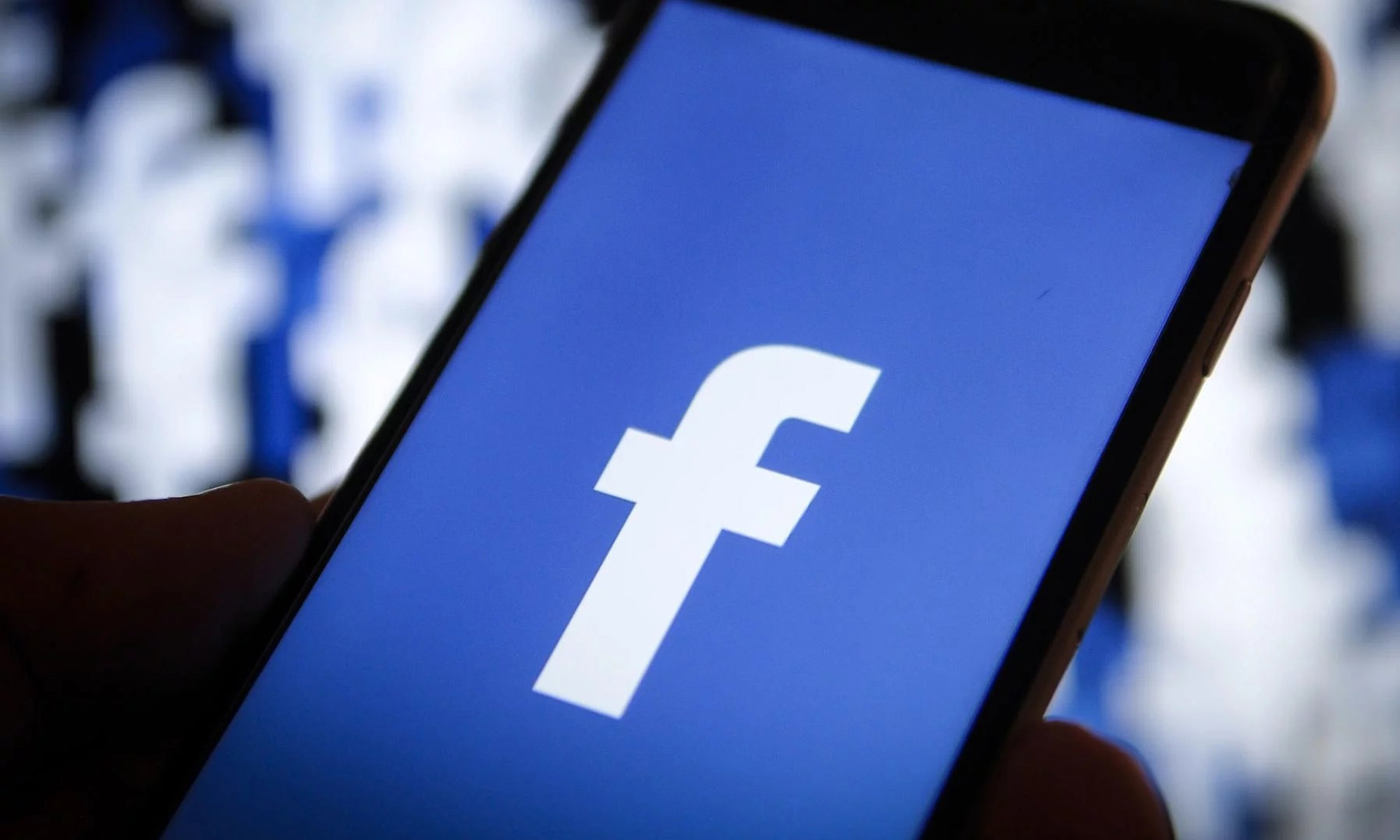News
Personal Information Of 533 Million Facebook Users Leaked Online

It seems that Facebook’s data privacy issues won’t ever end. Security researcher Alon Gal has recently revealed that the personal information belonging to around 533 million Facebook users has been leaked online.
The massive dataset is currently being shared on various underground hacking forums for free, and it affects users from 106 countries including every country in the MENA region. At 32 million records, US Facebook users represent the greatest chunk of the dataset, followed by 11 million users from the UK, and 6 million users from India.
Besides user’s full names, the leak includes their phone numbers, Facebook IDs, locations, birthdates, bios, and sometimes even email addresses.
“So what’s the impact? For a targeted attack where you know someone’s name and country, it’s great for mobile phone lookup,” explains Troy Hunt, the creator of the Have I Been Pwned database. “But for spam based on using phone number alone, it’s gold. Not just SMS, there are heaps of services that just require a phone number these days, and now there’s hundreds of millions of them conveniently categorized by country with nice mail merge fields like name and gender.”

Twitter: @UnderTheBreach
The stolen information actually comes from 2019, and cybercriminals had access to it for quite some time now through a Telegram bot, which makes it possible to look up a phone number and receive the corresponding user’s Facebook ID, and the other way around — all for a small fee.
Also Read: Exploits In Microsoft Exchange Used To Breach Over 30,000 Organizations
“This is old data that was previously reported on in 2019. We found and fixed this issue in August 2019,” said Liz Bourgeois, Facebook’s director of strategic response communications, in a Saturday tweet.
Old or not, the fact that the personal information of half a billion Facebook users is circulating around on the internet for free is the least the social media giant and its users need right now considering the number of new cybersecurity threats created by the COVID-19 pandemic. Hopefully, Facebook will take the steps necessary to minimize the impact of the breach and protect its users.
To find out whether or not your Facebook account data was among the leak, go to HaveIBeenPwned.com and enter the email address you use to login to Facebook with. If your email address is detected within the millions of accounts, HaveIBeenPwned will let you know.
News
Samsung Smart Glasses Teased For January, Software Reveal Imminent
According to Korean sources, the new wearable will launch alongside the Galaxy S25, with the accompanying software platform unveiled this December.

Samsung appears poised to introduce its highly anticipated smart glasses in January 2025, alongside the launch of the Galaxy S25. According to sources in Korea, the company will first reveal the accompanying software platform later this month.
As per a report from Yonhap News, Samsung’s unveiling strategy for the smart glasses echoes its approach with the Galaxy Ring earlier this year. The January showcase won’t constitute a full product launch but will likely feature teaser visuals at the Galaxy S25 event. A more detailed rollout could follow in subsequent months.
Just in: Samsung is set to unveil a prototype of its augmented reality (AR) glasses, currently in development, during the Galaxy S25 Unpacked event early next year, likely in the form of videos or images.
Additionally, prior to revealing the prototype, Samsung plans to introduce…
— Jukanlosreve (@Jukanlosreve) December 3, 2024
The Galaxy Ring, for example, debuted in January via a short presentation during Samsung’s Unpacked event. The full product unveiling came later at MWC in February, and the final release followed in July. Samsung seems to be adopting a similar phased approach with its smart glasses, which are expected to hit the market in the third quarter of 2025.
A Collaborative Software Effort
Samsung’s partnership with Google has played a key role in developing the smart glasses’ software. This collaboration was first announced in February 2023, with the device set to run on an Android-based platform. In July, the companies reiterated their plans to deliver an extended reality (XR) platform by the end of the year. The software specifics for the XR device are expected to be unveiled before the end of December.
Reports suggest that the smart glasses will resemble Ray-Ban Meta smart glasses in functionality. They won’t include a display but will weigh approximately 50 grams, emphasizing a lightweight, user-friendly design.
Feature Set And Compatibility
The glasses are rumored to integrate Google’s Gemini technology, alongside features like gesture recognition and potential payment capabilities. Samsung aims to create a seamless user experience by integrating the glasses with its broader Galaxy ecosystem, starting with the Galaxy S25, slated for release on January 22.


























